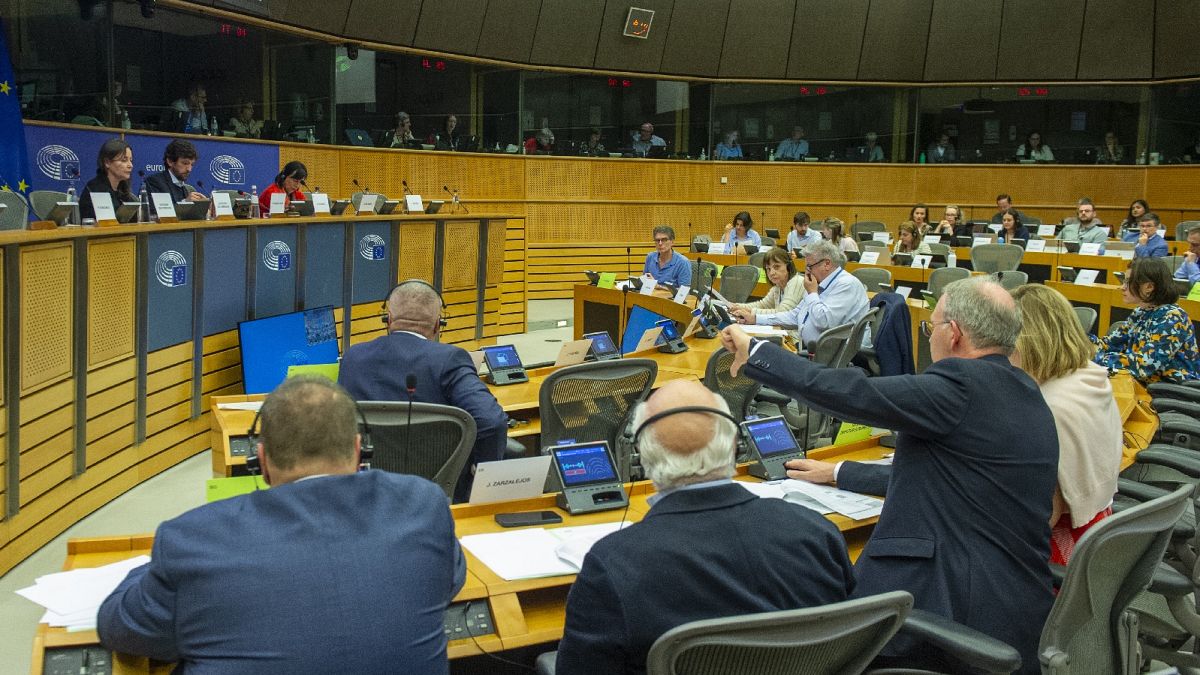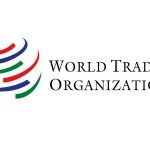The European Parliament has announced that confirmation hearings for nominees to join the next European Commission will take place between 4 and 12 November. This schedule was revealed after the committee on legal affairs cleared all 26 nominees for the position. The nominees, one from each EU member state, will appear before parliamentary committees to demonstrate their fitness for the job and address any concerns regarding conflicts of interest. Each nominee will face questions from one or more committees, with some candidates facing tougher cross-examinations due to the nature of their proposed roles.
Some candidates, such as France’s Stephane Séjourné and Belgium’s Hadja Lahbib, will face extensive questioning from four committees each. The hearings can be rigorous, but the success rate is generally high for nominees. However, in 2019, MEPs rejected France’s initial nominee, Sylvie Goulard, highlighting the importance of the confirmation process. Candidates are required to declare all financial assets to prevent conflicts of interest, with some candidates falling at this stage in previous years. This year, MEPs raised concerns about the lack of scrutiny in the conflict of interest forms, leading to protests from some members of the European Parliament.
The process for examining conflict of interest forms came under scrutiny, with some MEPs criticizing the lack of proper review. Manon Aubry from the Left group described the process as a “farce” and a “scandalous process,” pointing out that the meeting was rushed through without meaningful questions. Mario Furore from Italy’s Five Star Movement also criticized the process, calling it undemocratic. However, Ilhan Kyuchyuk from Bulgaria defended the process, stating that the committee requested further details when necessary to assess all relevant elements. Despite the criticisms, the committee ultimately cleared all 26 nominees after examining their conflict of interest forms.
The confirmation hearings are an important part of the process for nominees to join the European Commission, allowing MEPs to assess their fitness for the job and address any concerns about conflicts of interest. The nominees will face questions from various parliamentary committees to demonstrate their expertise and suitability for their proposed roles. While some candidates may face tougher questioning due to the nature of their roles, the success rate for nominees is generally high. Past rejections of nominees highlight the importance of the confirmation process in ensuring the integrity of the European Commission.
MEPs play a crucial role in vetting and confirming Commission nominees, ensuring that they meet the necessary criteria for the job. The examination of conflict of interest forms is a key part of this process, as it helps prevent conflicts of interest that could compromise the integrity of the European Commission. Despite some criticisms of the process, the committee on legal affairs ultimately cleared all 26 nominees after examining their conflict of interest forms. This clears the way for the confirmation hearings to take place in November, where nominees will have the opportunity to demonstrate their qualifications and address any concerns from MEPs.
In conclusion, the confirmation hearings for nominees to join the next European Commission will take place between 4 and 12 November, after all 26 nominees were cleared by the committee on legal affairs. The nominees will face questions from parliamentary committees to demonstrate their fitness for the job and address any concerns regarding conflicts of interest. While some candidates may face tougher questioning, the success rate for nominees is generally high. The process for examining conflict of interest forms came under scrutiny, with some MEPs criticizing the lack of proper review. Despite these criticisms, all 26 nominees were ultimately cleared, paving the way for the confirmation hearings to proceed in November.











